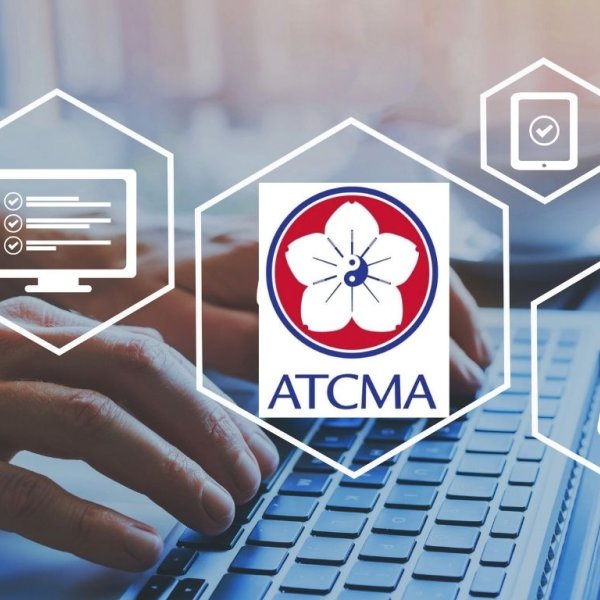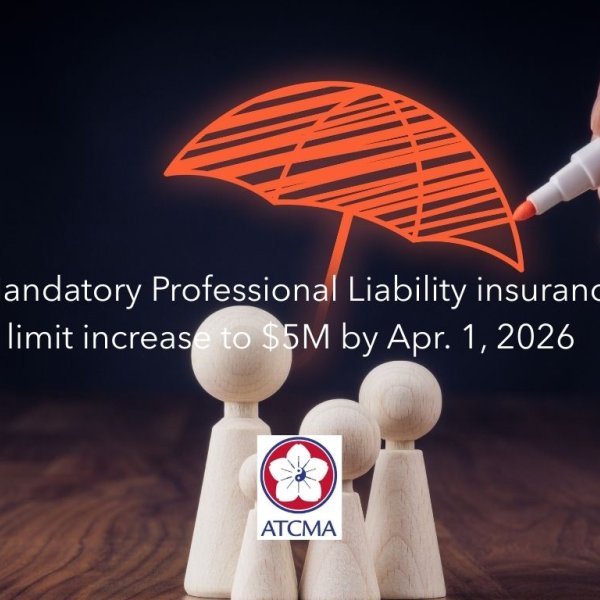BC has four categories of regulation for TCM professionals. Find out why we are the most skilled at providing acupuncture and Chinese herbal prescriptions.
Regulated Health Profession
Traditional Chinese Medicine (TCM) is a regulated health profession in British Columbia. That means that there are specific measures of education and training, licensing examinations, insurance requirements, ongoing education, and ethical and professional standards that must be met to start and continue practice.
We are regulated by the College of Complementary Health Professionals of British Columbia (CCHPBC), which is now an amalgamation of four colleges—our previous TCM and acupuncture college called CTCMA and the BC colleges of the naturopaths, massage therapists, and chiropractors. The role of the college is protection of the public.
Hours of Training
To become a licensed TCM professional, one must undergo extensive training in both theoretical and practical aspects of TCM. The number of hours of training required varies depending on the province or country, but in British Columbia, Registered Acupuncturists (R.Ac.) and Traditional Chinese Herbalists (R.TCM.H.) need at least 1900 hours of TCM school training, while a Registered TCM Practitioner (R.TCM.P.) needs a minimum of 2600 hours, and Registered Dr.TCM (Dr.TCM) has a minimum of 3250 hours of academic and clinical training.
That means we have the most (by a LOT) hours of training specifically for needling and prescribing Chinese herbs of any health professional in BC.
In order to write the licensing examinations in BC, applicants must also have at least two years of post secondary education.
Examinations
To obtain a license to practice TCM, graduates must pass rigorous licensing exams that test their knowledge and skills in areas such as acupuncture, herbal medicine, TCM diagnosis, anatomy and physiology, ethics, communication, safety, and more.
There are written and practical examinations for each level of registration. So, an R.Ac. or R.TCM.H. needs to take a written examination, a safety examination, and a clinical case study examination. In order to become an R.TCM.P., there is a whole new round of examinations to move from just doing acupuncture or just prescribing herbs to being able to offer both. Then, to become a Dr.TCM, another written and clinical case study examination must be completed.
These exams are designed to ensure a high standard of competence among TCM professionals and instill confidence for the public.
Licensing and Insurance
Once licensed, TCM practitioners must maintain their credentials and adhere to ethical and professional standards. They must also carry professional liability and malpractice insurance to protect themselves and their patients.
Continuing Education
TCM practitioners are also required to participate in continuing education to keep their knowledge and skills up to date. This ensures that they are providing the best possible care to their patients and staying current with the latest advancements in TCM research and practice.
A Comprehensive Healthcare Profession
Overall, TCM is a highly regulated and respected healthcare profession that offers effective and safe treatment options for a wide range of health conditions. Whether you are seeking relief from pain, stress, or chronic illness, a licensed TCM professional can help you achieve your health and wellness goals.



Login to comment
Comments are only available to registered users. Not registered yet? Create a free account now.